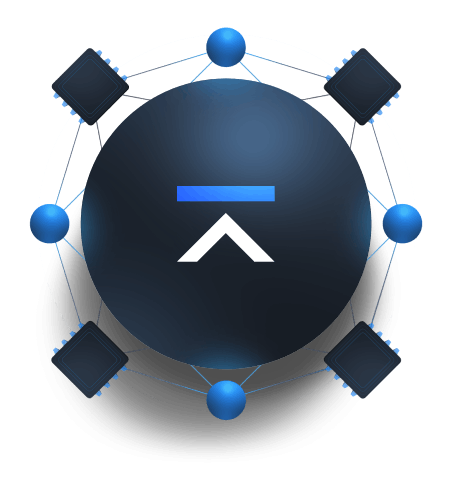Notary Nodes:
Securing The Network
Scala has developed a unique mechanism to secure the network against malicious attacks. Find out how you can play a role in this process and get rewarded for it.
Diardi
Diardi is the name of the technology developed by Scala to secure the network in a distributed way. It draws inspiration from dPoW, created by Komodo (KMD), but with a completely rewritten code. The concept behind dPoW involves checkpointing a daemon's blocks onto a stronger chain, such as Bitcoin. However, in order to avoid the potential adverse effects of dPoW on other networks, the decision was taken to seek a more streamlined approach.
As a result, instead of using another blockchain, a distributed blockchain was established among prominent community members to function as a checkpoint repository. These efforts resulted in the first version of Diardi, which addressed the drawbacks of dPoW by implementing a more secure and efficient mechanism that promotes the safety and reliability of blockchain technology.
Multi-proof-of-work
In the V8 network, Diardi nodes mine blocks using their own unique proof-of-work (PoW) and difficulty level, which is adjusted based on the number of nodes in their network. The PoW and difficulty level are appropriate for their network size, ensuring optimal mining performance.
The Diardi nodes are responsible for mining 180 blocks per day using their designated PoW, occurring every fourth block.
Node operators are rewarded for their contribution to securing the network on a daily basis.
To ensure security, this block is checkpointed, and all critical platforms such as exchanges use a confirmation block height that is equal to or greater than 4. This approach mitigates the centralization issues caused by miners and promotes energy efficiency without compromising the security of the network.
Election Process
The V8 network features an updated election system that enables individuals to vote for themselves or others by sending a "vote-token" to their candidate's wallet. This token is distributed based on the stake held on the Scala mainnet. After the election concludes, the votes are tallied, and the notaries are granted the authority to produce special blocks over the network in conjunction with traditional miners.
Participation in this process is open to anyone holding XLA. The team determines the number of operators to be included in the list.

